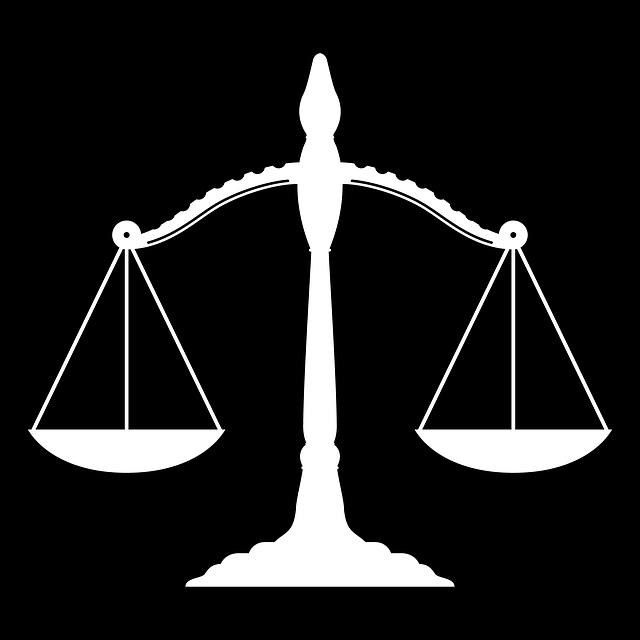RF Regulatory Agency Investigations are crucial for maintaining standards across telecom, aerospace, and healthcare sectors. Court cases centered around property ownership disputes significantly impact RF regulation, with legal conflicts arising from wireless communication and broadcasting device use. These cases balance technical, legal, and public interest factors, leading to precedents that shape the regulatory landscape. Businesses navigating RF compliance should stay informed, update policies regularly, conduct risk assessments, and maintain meticulous documentation to avoid legal implications and achieve favorable outcomes in investigations, including those involving property ownership issues.
In today’s interconnected world, Radio Frequency (RF) technologies underpin our digital landscape. To ensure fair competition and consumer protection, RF regulatory agencies conduct thorough investigations into suspected violations. This article offers a comprehensive overview of these investigations, delving into court cases that have shaped property ownership disputes in the RF domain. Additionally, it guides businesses on best practices to navigate compliance and mitigate potential legal implications stemming from RF regulations, with a focus on real-world applications and key takeaways from case law involving property ownership issues.
- Understanding RF Regulatory Agency Investigations: A Comprehensive Overview
- Court Cases: Unraveling Property Ownership Disputes in the Context of RF Regulations
- Best Practices for Businesses: Navigating RF Regulatory Compliance and Potential Legal Implications
Understanding RF Regulatory Agency Investigations: A Comprehensive Overview

RF Regulatory Agency Investigations are crucial processes designed to ensure compliance with radio frequency (RF) standards and regulations. These inquiries can have significant implications, especially in industries where RF technology is integral, such as telecommunications, aerospace, and healthcare. When violations or potential hazards are suspected, regulatory agencies conduct thorough investigations that often lead to legal consequences, including court cases involving property ownership issues.
The scope of these investigations extends beyond technical assessments; they involve examining the practices and operations of companies and individuals involved in RF technology development and deployment. For his clients, whether in white-collar defense or representing philanthropic and political communities, navigating these investigations requires a strategic approach. Understanding the regulatory framework, anticipatory compliance measures, and effective communication with regulators are key to mitigating risks and ensuring favorable outcomes.
Court Cases: Unraveling Property Ownership Disputes in the Context of RF Regulations

In the realm of RF regulatory agency investigations, court cases involving property ownership issues play a pivotal role in interpreting and enforcing radio frequency (RF) regulations. These legal battles often arise from disputes over the legitimate use of RF-emitting devices, such as those used in wireless communication and broadcasting. When property owners face allegations of non-compliance or unauthorized emissions, the courts step in to unravel complex web of rights and responsibilities. By examining the specific circumstances and evidence presented, judges help establish precedents that guide future RF regulatory actions.
The process involves careful consideration of technical aspects, legal frameworks, and public interest. While some cases may lead to negotiated settlements or administrative penalties, others escalate into jury trials, where white-collar defense strategies come into play. Defendants in such cases often face the challenge of avoiding indictment by presenting robust arguments based on regulatory ambiguities or legitimate use exceptions. The outcome of these court cases not only resolves property ownership disputes but also shapes the broader landscape of RF regulations, ensuring fairness and clarity for industry stakeholders.
Best Practices for Businesses: Navigating RF Regulatory Compliance and Potential Legal Implications

Navigating RF (Radio Frequency) regulatory compliance is crucial for businesses operating in this domain. As the technology evolves, so do the rules and regulations surrounding its use. To stay ahead of potential legal implications, companies should implement best practices that include staying informed about the latest industry standards and guidelines. Regularly updating internal policies to align with these changes is essential to avoid any indictment.
For his clients, a strategic approach involves proactively monitoring regulatory developments and conducting thorough risk assessments. By identifying potential pitfalls early on, businesses can take preventive measures, ensuring they meet all necessary requirements. Achieving extraordinary results in RF regulatory agency investigations often hinges on meticulous documentation and transparent practices, which not only help in defending against any allegations but also foster trust among stakeholders.
RF Regulatory Agency Investigations play a pivotal role in ensuring compliance with radio frequency (RF) standards, addressing court cases involving property ownership issues, and guiding businesses towards navigating RF regulatory compliance. By understanding these investigations and best practices, entities can mitigate legal implications, resolve disputes effectively, and foster a robust environment for technological advancement while adhering to relevant regulations. This comprehensive overview underscores the importance of proactive engagement with RF regulatory frameworks.






